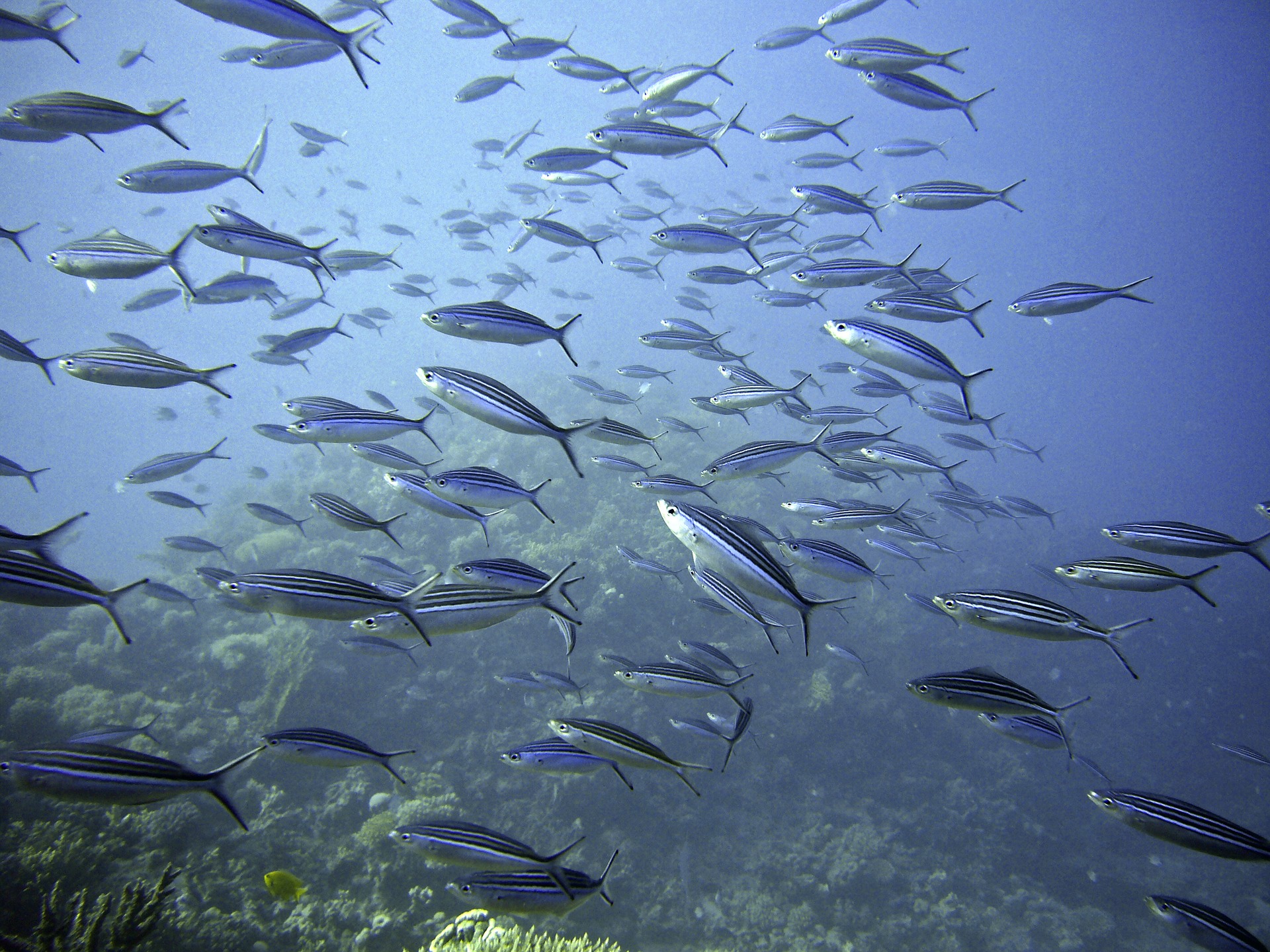The report “Marine environment: EU protection is wide but not deep”, published today by the European Court of Auditors, assesses the effectiveness of EU policies to address the main pressures on the marine environment. The analysis shows the failure on the part of the EU to restore seas to good environmental status and fishing to sustainable levels.
“European and national policymakers should read today’s analysis by the European Court of Auditors as an urgent call to action for better implementation of EU environmental and fisheries policies,” said Andrea Ripol, Fisheries Policy Officer at Seas At Risk. “We echo the European Court of Auditors’ call for the European Commission and Member States to pay particular attention to fisheries impacts to address marine biodiversity loss and, more specifically, to increase EMFF funding dedicated to ocean conservation,” she added.

The European Court of Auditors report is a wake-up call for the protection of many sensitive species, such as the common dolphin in the Bay of Biscay, which is threatened by fisheries bycatch. The prevention of tens of thousands of dolphin deaths depends on the outcome of a multilateral process by Member States that the report deems ‘not able to provide timely protection from fishing’, as commercial fisheries interests are favoured over nature conservation requirements.
The report acknowledges the lack of an effective, well-managed and well-connected network of Marine Protected Areas, which limits the protection of marine biodiversity.
Marc-Philip Buckhout, Policy Officer of Seas At Risk, said: “The report shows that 59% of the Marine Protected Areas are commercially trawled at levels higher than non-protected areas. Only fully protected areas can contribute to the ocean’s recovery. Therefore, destructive fishing methods, should be banned in Marine Protected Areas”.
The European Court of Auditors’ report increases the pressure on European policy makers to find viable solutions to the pressures on the marine environment. This report follows the European Environment Agency’s acknowledgement of the importance of implementing EU marine legislation to ease the pressures on Natura 2000 sites. The gloomy state of our ocean, as reported in the UN IPBES global assessment report on biodiversity, and the Intergovernmental Panel on Climate Change Special report on the ocean and cryosphere in a changing climate saw over 100 NGOs develop the Blue Manifesto, which sets out concrete policy actions for Europe to make our seas and ocean healthy by 2030.
Posted on: 26 November 2020



